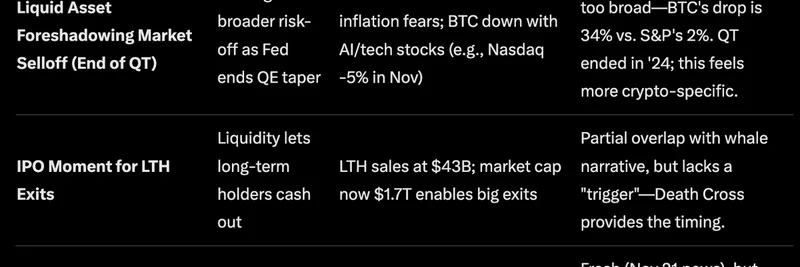In the fast-paced world of crypto, where meme tokens can skyrocket overnight, security often takes a backseat until disaster strikes. But a recent announcement highlighted by Haseeb Qureshi, managing partner at Dragonfly Capital, might change that. In his tweet, Haseeb calls attention to a major shift in how we approach security in blockchain projects.
The Real Culprit Behind Crypto Hacks
Haseeb points out a crucial fact: most on-chain hacks aren't due to flaws in smart contracts—the code that powers decentralized apps and tokens. Instead, they're often caused by operational security (opsec) failures. Think spearphishing attacks, malware infections, or compromised multisig wallets. These human-error-driven issues can lead to massive losses, especially in the meme token space where projects launch quickly with minimal oversight.
Traditional audits focus solely on code, leaving a huge gap in overall protocol safety. As Haseeb notes, if we're serious about leveling up as an industry, we need standards that cover these opsec blind spots.
Introducing SEAL Certifications
Enter the Security Alliance (SEAL), an organization that's been running SEAL 911 for emergency incident response in crypto. They've just issued a Request for Comments (RFC) for their latest initiative: SEAL Certifications. This isn't about auditing code—it's about certifying that teams follow best practices in operations.
According to SEAL's announcement, they're starting with five modular certifications:
- Incident Response: Ensuring teams have protocols to handle breaches swiftly.
- Multisig Operations: Securing multi-signature wallets, a common weak point in token management.
- Treasury Operations: Protecting funds and assets from internal and external threats.
- Workspace Security: Safeguarding tools like email, collaboration platforms, and devices.
- DNS Security: Preventing domain hijacks that could redirect users to scams.
These certifications come with free consultations during the RFC period, and on-chain verification via Ethereum Attestation Service (EAS) is slated for Q1 2026. That means projects can publicly prove their opsec maturity on the blockchain.
SEAL is already piloting this with over 15 organizations, including heavy hitters like a16z Crypto, Dragonfly, Ethena Labs, Lido Finance, Pendle, Synthetix, and Uniswap Foundation. Their involvement helps refine these frameworks for the broader industry.
Why This Matters for Meme Tokens
Meme tokens, built on hype and community, often prioritize speed over security. We've seen countless rugs, exploits, and hacks wipe out millions because of poor opsec—remember the phishing scams targeting popular meme launches? SEAL Certifications could set a new standard, giving investors a way to gauge a project's seriousness beyond just an audit badge.
Imagine browsing meme token listings and seeing a SEAL-certified stamp for multisig ops. It could build trust, attract more capital, and reduce the Wild West vibe that scares off institutional players. As Haseeb urges, users should demand this from their favorite teams to push the entire ecosystem forward.
The Road Ahead
This initiative is still in RFC stage, so feedback from the community will shape its final form. If adopted widely, it could drastically cut down on preventable hacks, making crypto safer for everyone—from degens trading memes to builders creating the next big DeFi protocol.
For meme token creators, getting SEAL certified might soon become as essential as a solid whitepaper or viral marketing. Stay tuned as this develops—it's a step toward maturing the space without stifling innovation. If you're involved in a project, reach out to SEAL for those free consultations and start fortifying your opsec today.




